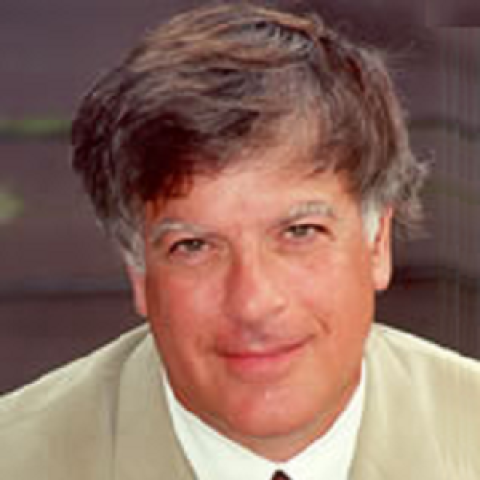Agreement on a new strategic arms-control treaty between Russia and the U.S. was accompanied in the West by self congratulation and self delusion. President Obama said it was a step on a path toward the peace and security of a world without nuclear weapons. David Miliband, the British foreign secretary, said that the treaty, which cuts the number of warheads allowed on each side by roughly a third from 2,200 to 1,550, must be followed by new reductions. His statement was supported by campaigners for Britains Committee for Nuclear Disarmament (CND) who urged world leaders to build on this momentum.
In Moscow, however, which stands to benefit most from a treaty that allows it to maintain strategic parity with the U.S. while retiring large numbers of weapons it cannot afford to replace, the mood was different. President Medvedev was in Sochi berating trainers over Russias performance in the Olympics in Vancouver. Prime Minister Putin gave a speech on the dangers posed by spring flooding. Only the foreign minister, Sergei Lavrov, discussed the treaty from which he said Russia could pull out if it concluded that U.S. missile defense had compromised its nuclear deterrent.
The difference in reactions underscores a point about the treaty which is often missed. The U.S. sees it a means of cementing U.S. Russian relations and gaining Russias cooperation whereas Russia sees it as precisely the kind of inexplicable strategic concession that Russia will now seek to elicit on other issues as well.
Although the April, 2009 U.S.- Russian joint statement stated explicitly that the treaty would deal only with strategic offensive arms, the Russian side has in the past year insisted on a linkage in the treaty between offensive and defensive weapons. What they got in the end was nonbinding language in the treatys preamble stating that there is a relationship between offensive and defensive weapons. This was less than they would have liked but more than they deserved. It will undoubtedly be cited in the future in Russian efforts to limit U.S. missile defense.
As the two sides now prepare for a signing ceremony in Prague on April 8, it is important to inject an element of realism in the behavior of the Western side. The new treaty changes little, solves nothing, and is not a first step toward a world without nuclear weapons which is simply not in our power to achieve. At best it shows that the self-deluding tendencies that gave the world arms control when the U.S. faced the Soviet Union are still alive in the 21st century.














